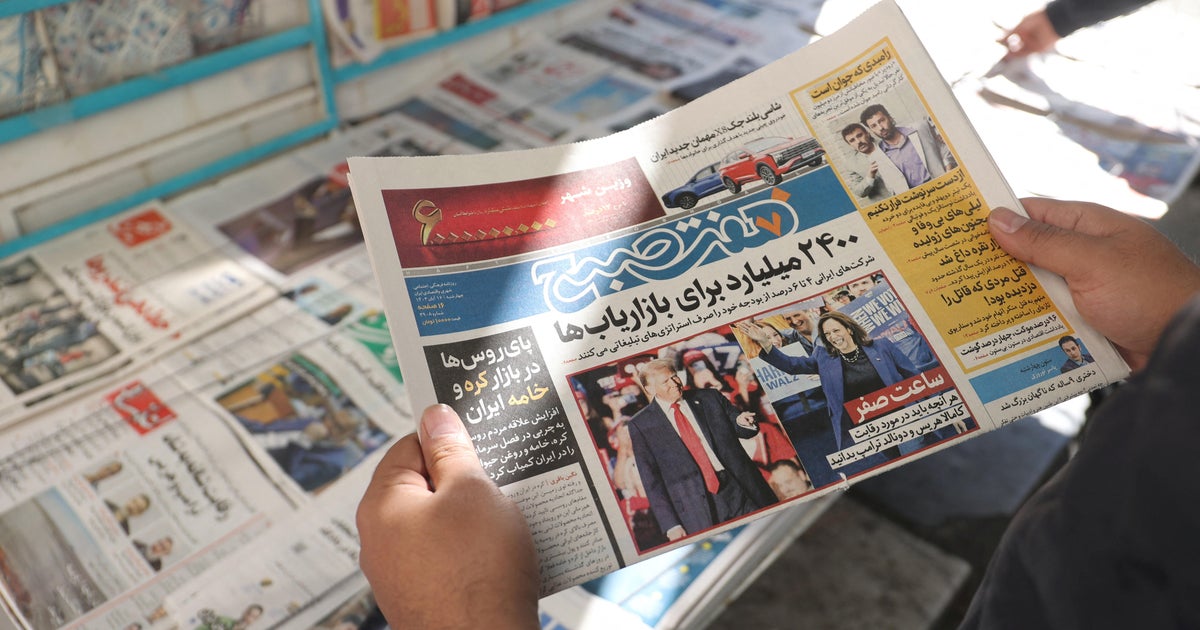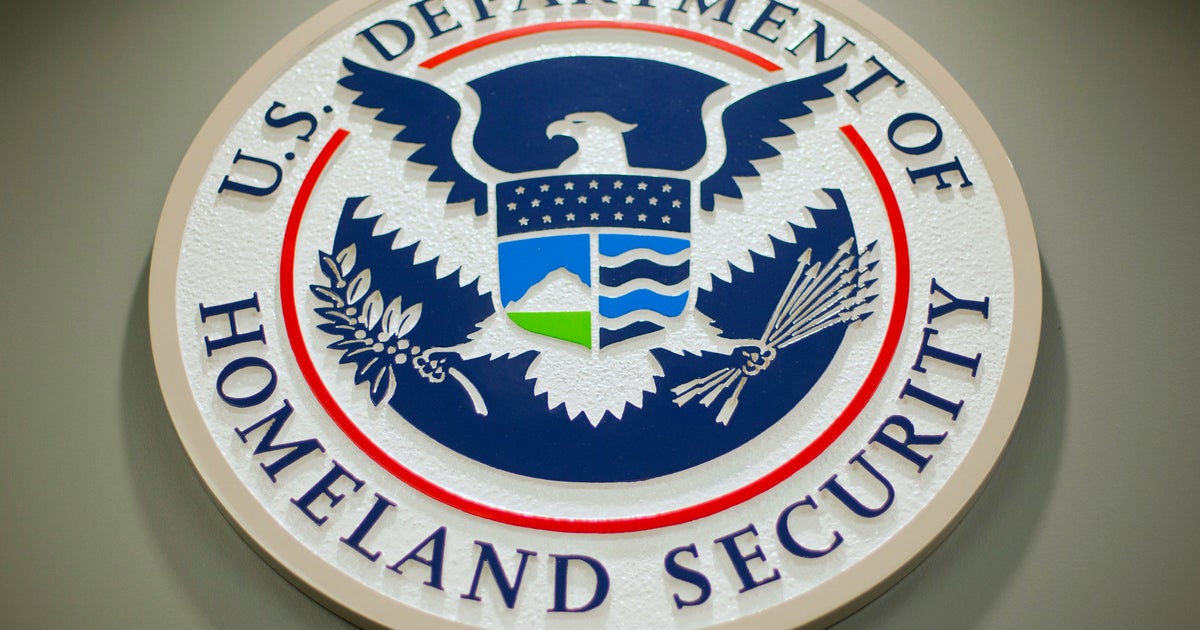Miller High Life, "The Champagne of Beers," has fallen afoul of strict European laws on "champagne"
It doesn't matter if a drink is bubbly — it's not "champagne" unless it's from the Champagne region in France. And it's definitely not champagne if it's beer, as American beermaker Miller found out, to its cost.
The company has long advertised its Miller High Life as "The Champagne of Beers." However, the Comité Champagne — the committee set up to protect the Champagne designation — begs to differ.
Goods cannot be imported into Europe with the name "Champagne" if they are not produced in the Champagne region.
Customs officers in Belgium seized a shipment of 2,352 cans of the beer in February, after it landed in the Belgian port of Antwerp, on its way to Germany. Officials seized the cans "because they used the protected designation of origin 'Champagne,' and this goes against European regulations," Belgian customs general administrator Kristian Vanderwaeren told reporters.
The European Union has a system of protected geographical designations that was created to guarantee the true origin and quality of artisanal food, wine and spirits, and to protect them from imitation.
The Comité Champagne has been active in preventing other regions and countries from calling their sparkling white wines "champagne," even when some are produced by French champagne houses investing abroad, as has been the case in Australia, for example.
Based in Milwaukee, Miller has been using the phrase "Champagne of Beers" since 1906.
At the request of the Champagne Committee, the Belgian Customs Administration ordered the cans destroyed. So this week, customs officers popped each can, upended them in open-bottomed crates, and let the offending liquid seep out.
Then the empty cans were crushed by heavy machinery and sent for recycling.
Belgian customs officials said the destruction of the cans was paid for by the Comité Champagne. According to a joint statement, it was carried out "with the utmost respect for environmental concerns by ensuring that the entire batch, both contents and container, was recycled in an environmentally responsible manner."






